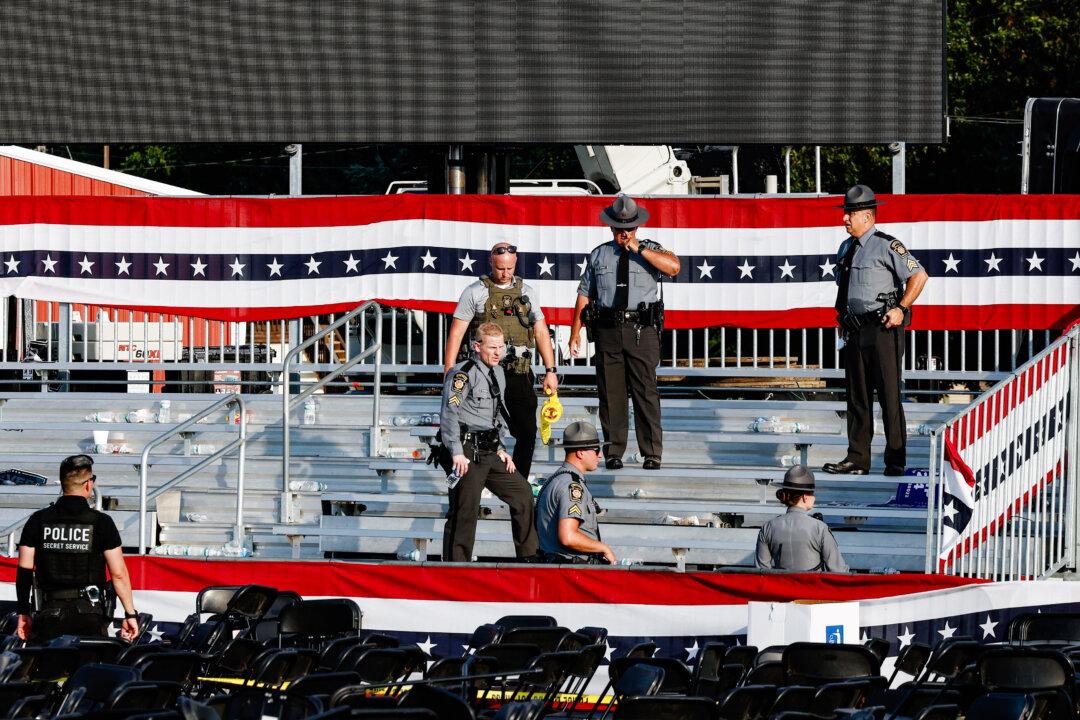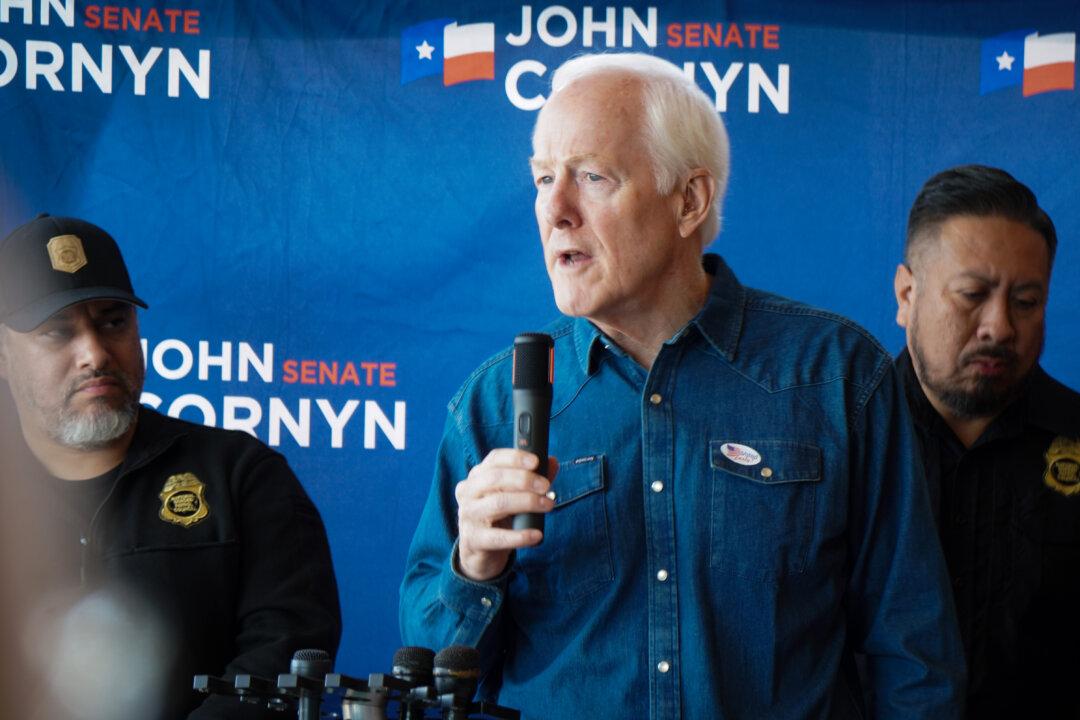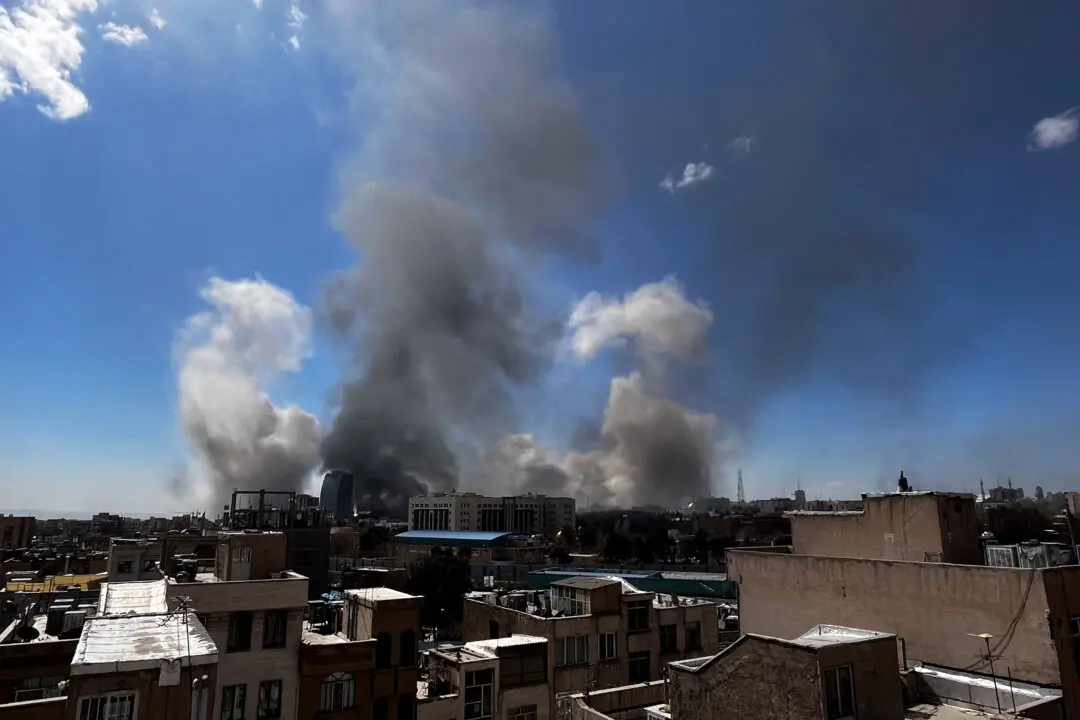The man who attempted to assassinate Donald Trump spent months researching various targets before settling on the former president, FBI officials told reporters on Wednesday.
“We saw ... a sustained, detailed effort to plan an attack on some events, meaning he looked at any number of events or targets,” said Kevin Rojek, the special agent in charge of the FBI’s Pittsburgh field office.





